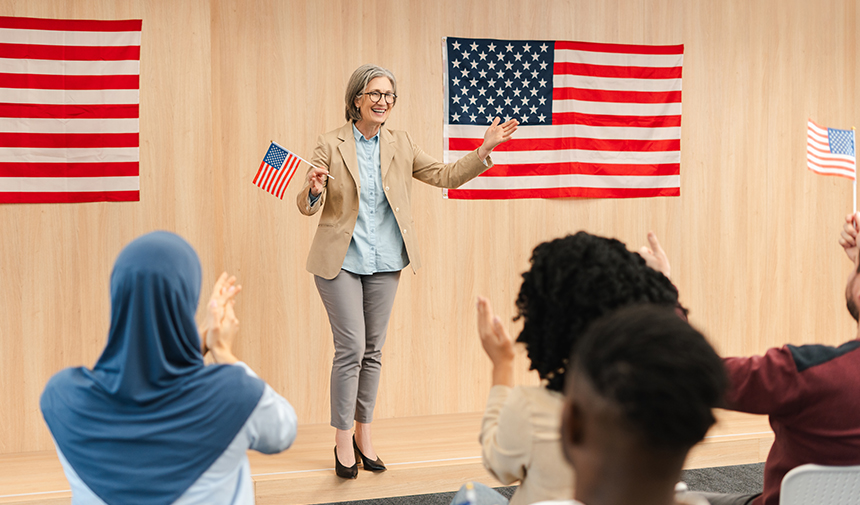Women’s participation in politics plays a critical role in achieving gender equality. However, there are still serious obstacles to women’s full representation in the political arena. These barriers stem from a variety of factors, including cultural norms, gender roles, inequalities in access to education and economic opportunities.
Increasing women’s political participation not only ensures fairness of representation, but also increases the overall well-being of societies. Various studies show that when women are involved in political decision-making, more inclusive and sustainable policies emerge. For example, women generally care more about social issues such as health, education and children’s rights.
However, women’s representation in politics remains low worldwide. In many countries, the proportion of women in parliaments is below 30%. This is a reflection of the structural and cultural barriers women face. In particular, traditional gender roles make it difficult for women to engage in politics. Women are often hesitant to enter politics due to household and family responsibilities. In addition, male-dominated structures and sexist attitudes in politics are another factor preventing women from pursuing a political career.
Inequalities in access to education and economic opportunities also negatively affect women’s political participation. Women with low levels of education are less able to participate in political processes and women without economic independence find it difficult to participate in political campaigns. Therefore, increasing women’s educational attainment and economic empowerment will play an important role in increasing their participation in politics.
Various strategies have been developed to encourage women’s political participation. Quota practices are one of the most effective among these strategies. Quotas aim to increase women’s participation in politics by requiring political parties to include a certain percentage of women in their candidate lists. In many countries, these practices have significantly increased women’s representation in parliament. However, quota practices are not without their critics. Some critics argue that quotas turn women into “window dressing for power” and do not provide real representation.
In addition, mentoring programs and leadership trainings are also important strategies for women to take a more active role in politics. These programs help women develop their political knowledge and skills and support them in their political careers. In addition, media and public awareness campaigns emphasize the importance of gender equality and aim to remove cultural barriers to women’s participation in politics.
In conclusion, women’s participation in politics is indispensable for a democratic and just society. Increasing women’s political representation will be an important step in achieving gender equality. This requires the development of comprehensive policies in areas such as education, economic independence and social awareness. Greater participation of women in the political arena means a better and fairer future not only for women but also for the whole society.



